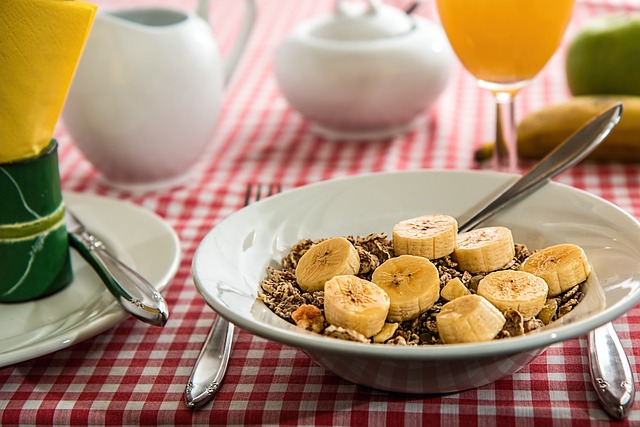The Probiotic Puzzle: Solving the Mystery of Healthy Digestion
Probiotics have become a popular topic in recent years when it comes to maintaining a healthy digestive system. But what exactly are probiotics, and how do they work?
Probiotics are live microorganisms that are beneficial to the host organism, which in this case, is us humans. These microorganisms can be found naturally in foods like yogurt, kefir, and fermented vegetables like sauerkraut. They can also be taken in supplement form.
The Benefits of Probiotics
Probiotics have been found to provide numerous health benefits, including:
- Supporting a healthy immune system
- Reducing the risk of certain infections
- Improving digestive function
- Decreasing inflammation in the body
- Enhancing mental health
- Assisting in weight management
How Probiotics Work
Probiotics work by colonizing the gut with beneficial bacteria. The gut is home to trillions of microorganisms, both good and bad, that play a crucial role in our overall health. When we take in probiotics, they help to balance the gut microbiome, ensuring that more beneficial bacteria are present than harmful ones.
Probiotics also help to produce short-chain fatty acids (SCFAs), which are important for the health of the gut lining. SCFAs help to nourish the cells of the gut, keeping them healthy and functioning properly. They also regulate the pH of the gut, creating an environment that is inhospitable to harmful bacteria.
In addition, probiotics help to stimulate the production of antibodies, which are important for our immune system. They also help to reduce inflammation in the body, which has been linked to a number of chronic diseases.
The Different Types of Probiotics
There are many different types of probiotics, each with its own unique benefits. Some of the most commonly used probiotics include:
- Lactobacillus acidophilus: This is a type of probiotic that is often found in yogurt and other fermented foods. It has been shown to improve digestion and boost the immune system.
- Bifidobacterium lactis: This is another common probiotic that has been shown to improve digestion and reduce inflammation in the body. It is often found in probiotic supplements.
- Saccharomyces boulardii: This is a type of yeast that is often used to treat diarrhoea and other digestive issues. It has also been shown to reduce inflammation in the gut.
Getting Probiotics From Food
The best way to get probiotics is through food. Here are some of the best food sources of probiotics:
- Yogurt
- Kefir
- Sauerkraut
- Kimchi
- Miso
- Tempeh
It’s important to note that not all yogurt is created equal. Look for versions that are labeled as containing live and active cultures. Avoid yogurts that are high in added sugars, as sugar can feed the harmful bacteria in your gut.
Probiotic Supplements
In addition to food sources, probiotics can also be taken in supplement form. There are a variety of different probiotic supplements available on the market, so it’s important to choose one that is right for you. Look for a supplement that contains a variety of different strains of probiotics, and check the label to ensure that the organisms are alive and present in adequate amounts.
The Bottom Line
Probiotics are an important component of a healthy digestive system. They work by colonizing the gut with beneficial bacteria, helping to balance the gut microbiome and promote overall health. If you’re not currently getting enough probiotics from your diet, consider adding in some probiotic-rich foods or taking a supplement.







